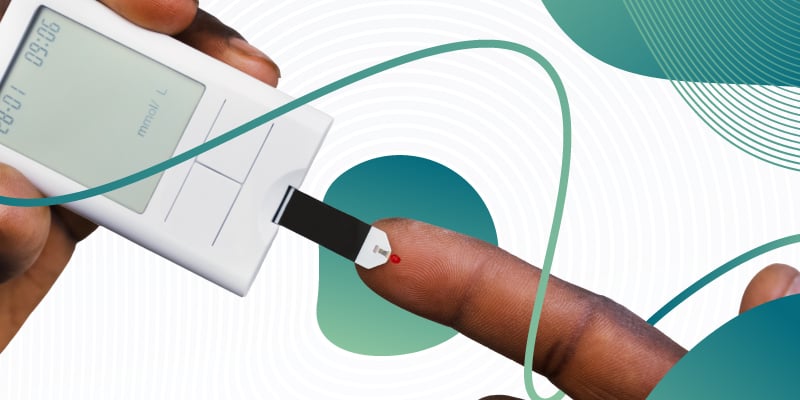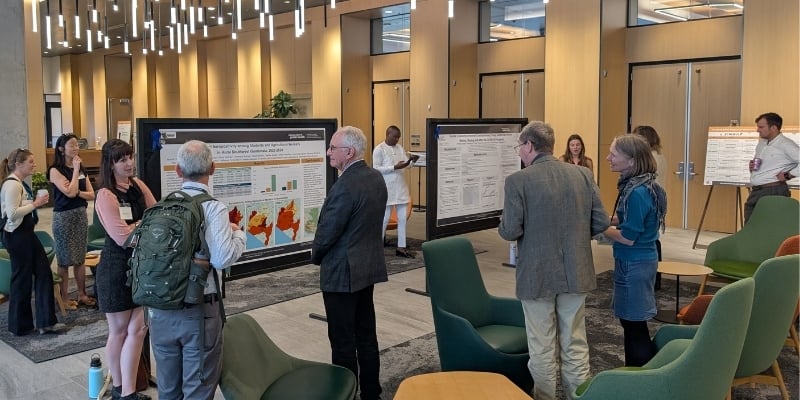Syringe Services Programs (SSPs) reduce the transmission of infectious diseases such as HIV and Hepatitis C through the distribution of sterile needles to people who inject drugs. These programs also provide additional health services such as overdose prevention education, HIV and Hep-C testing, and naloxone provisions. These programs now operate in 39 states and Washington D.C., however, discrepancies remain in the approach that states have taken towards the possession or purchase of syringes. Thus, the relationship between SSPs and law enforcement is varied and can influence the operation of SSPs.
A new study from the Colorado School of Public Health examines the relationship between SSPs and law enforcement in the state of Colorado. In Colorado, the first SSP began in 1989 as a non-state sanctioned program and distributed syringes unlawfully until 2010, when the programs were legalized throughout the state. There are currently 11 syringe services programs in Colorado. For this study, interviews were conducted with key staff at all 11 programs, either in person or by videoconference.
Public health impact
While the SSPs had wide-ranging relationships with law enforcement, every SSP considered a collaborative working relationship with law enforcement to be a critical component to the success of their programs. A number of factors were found to influence these relationships. One factor was alignment in agency culture, meaning that law enforcement agencies or individual officers with a shared belief in harm reduction practices greatly impacted the working relationship between the agencies. Another factor was support from law enforcement leadership, which often culminated from ongoing communication between the agencies. A third factor was participation of the law enforcement agency in the Law Enforcement Assisted Diversion (LEAD) Program, which diverts people who inject drugs to social services rather than incarceration. The last factor was varying implementation of laws, specifically the observance of the exemption from drug paraphernalia ticketing. The authors suggested that SSP support of needle-stick prevention laws for the protection of law enforcement officers could be an effective way to build bridges and trust between the two agencies.






